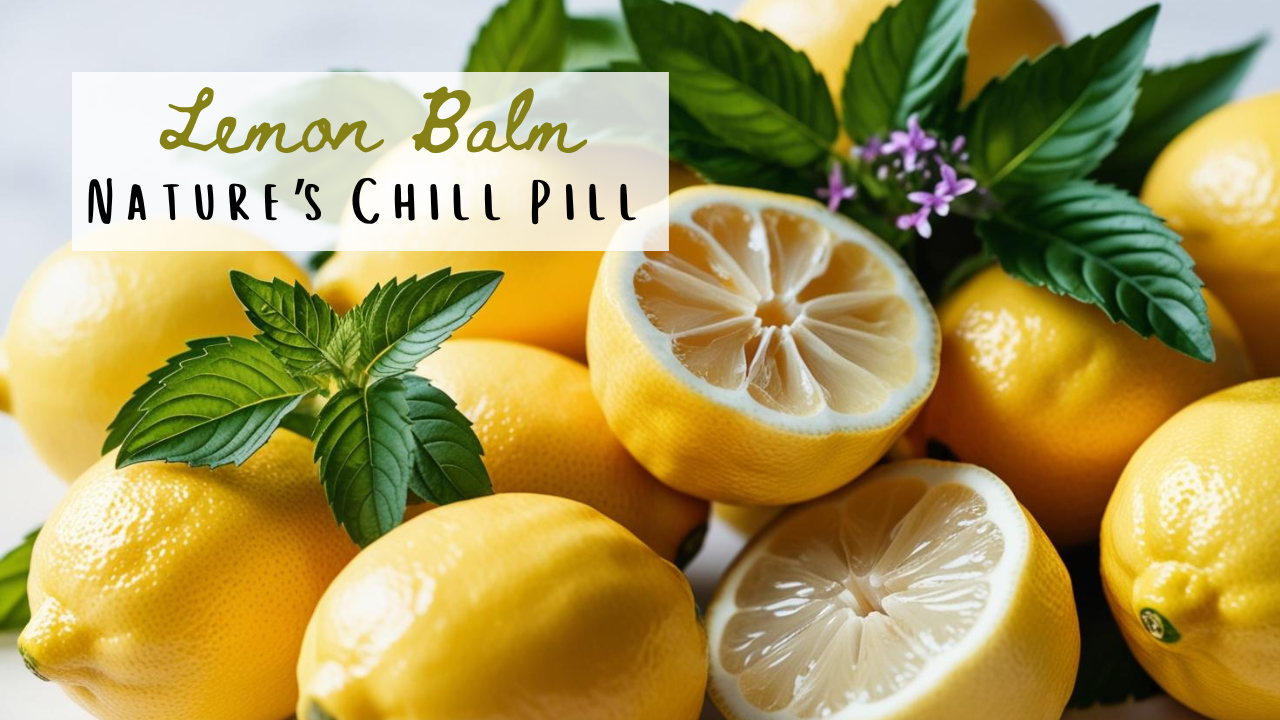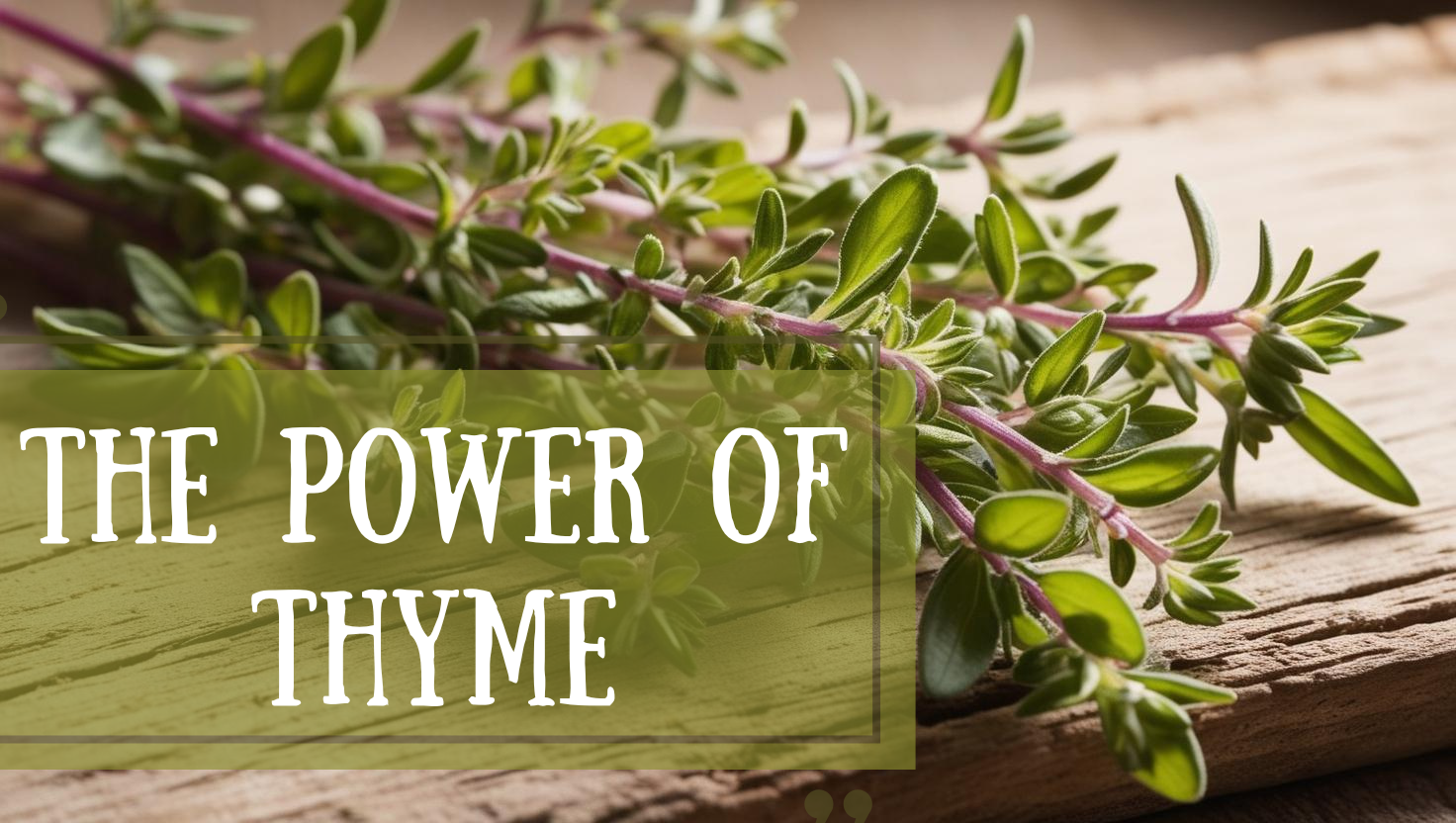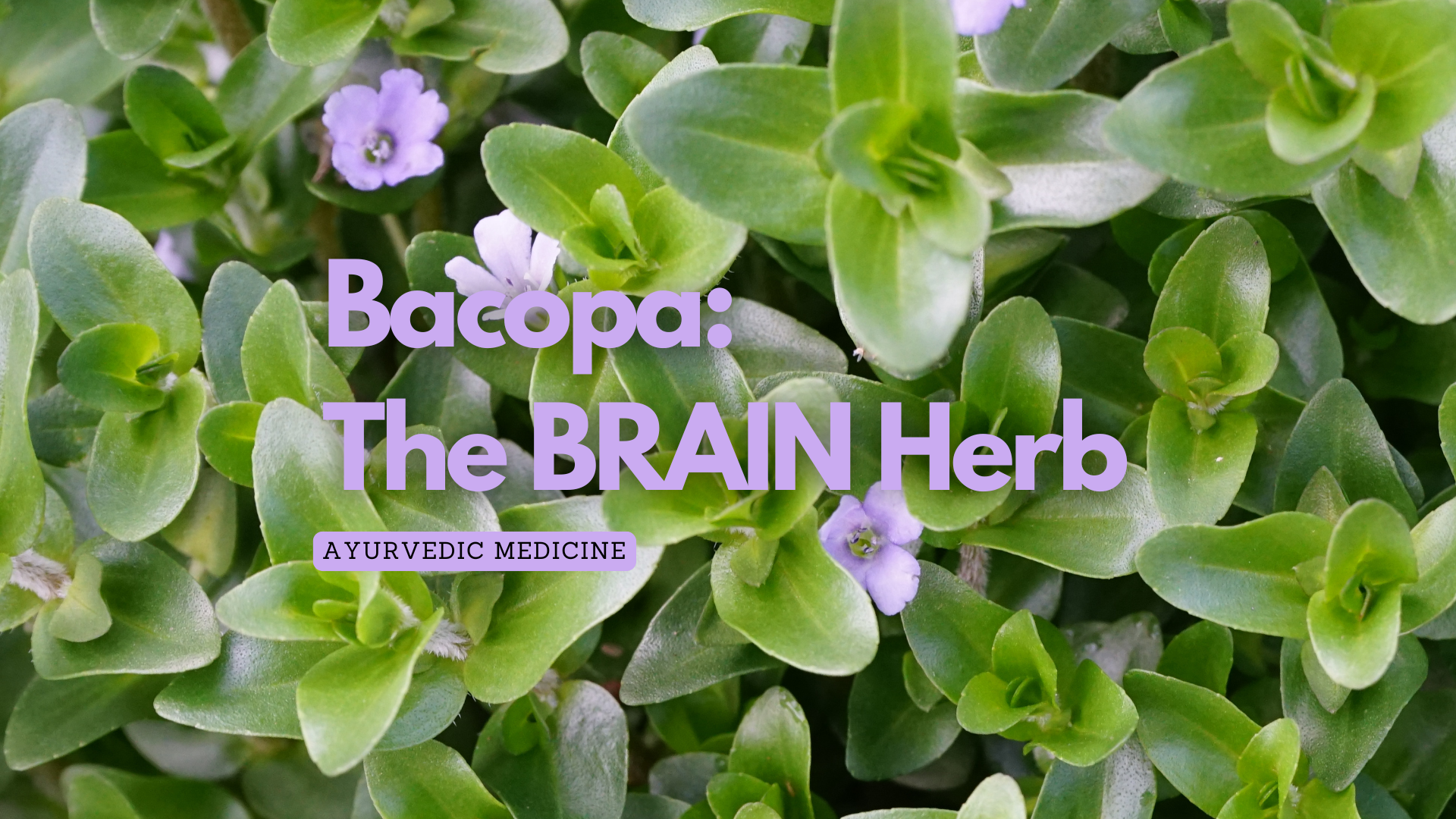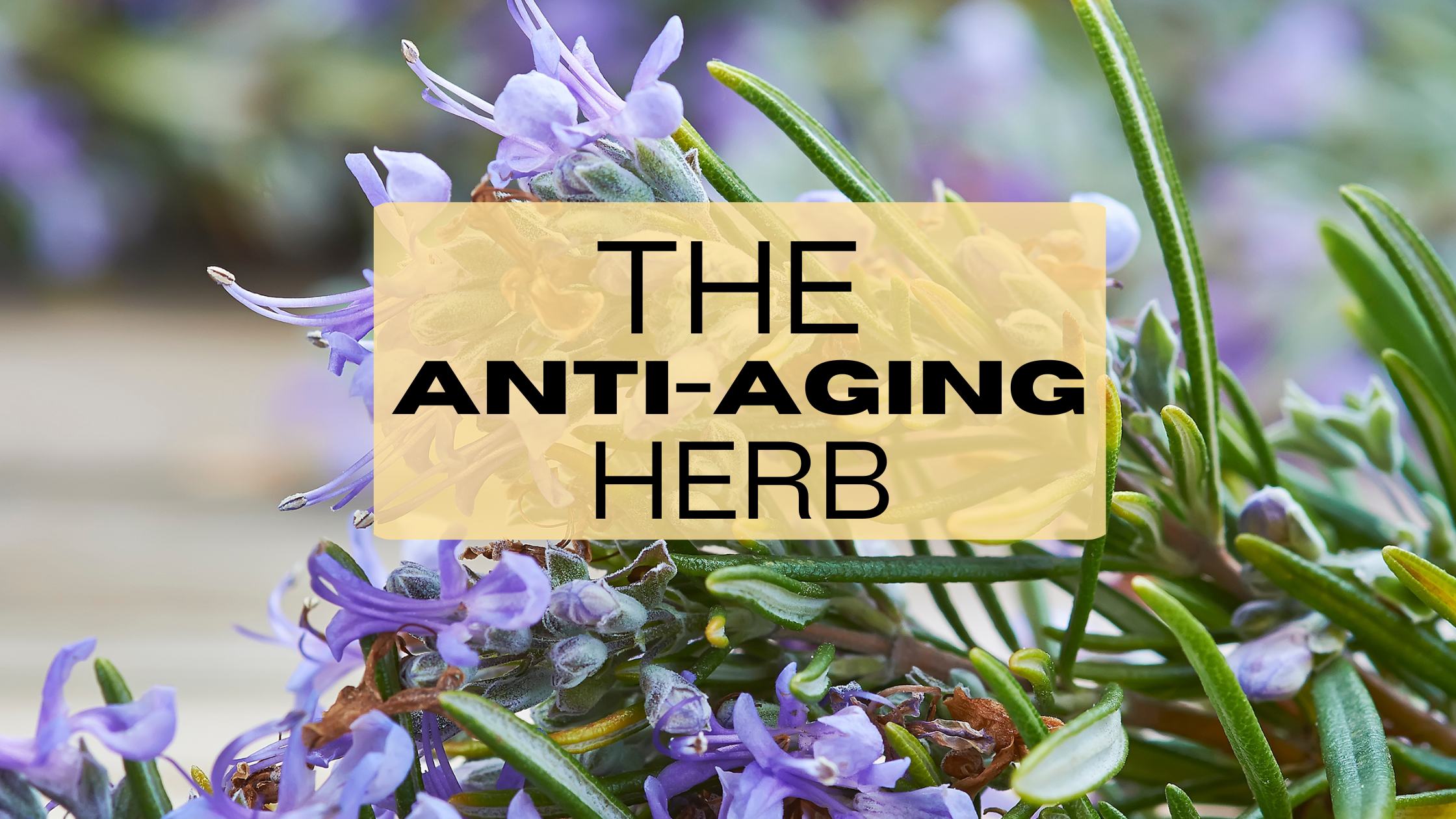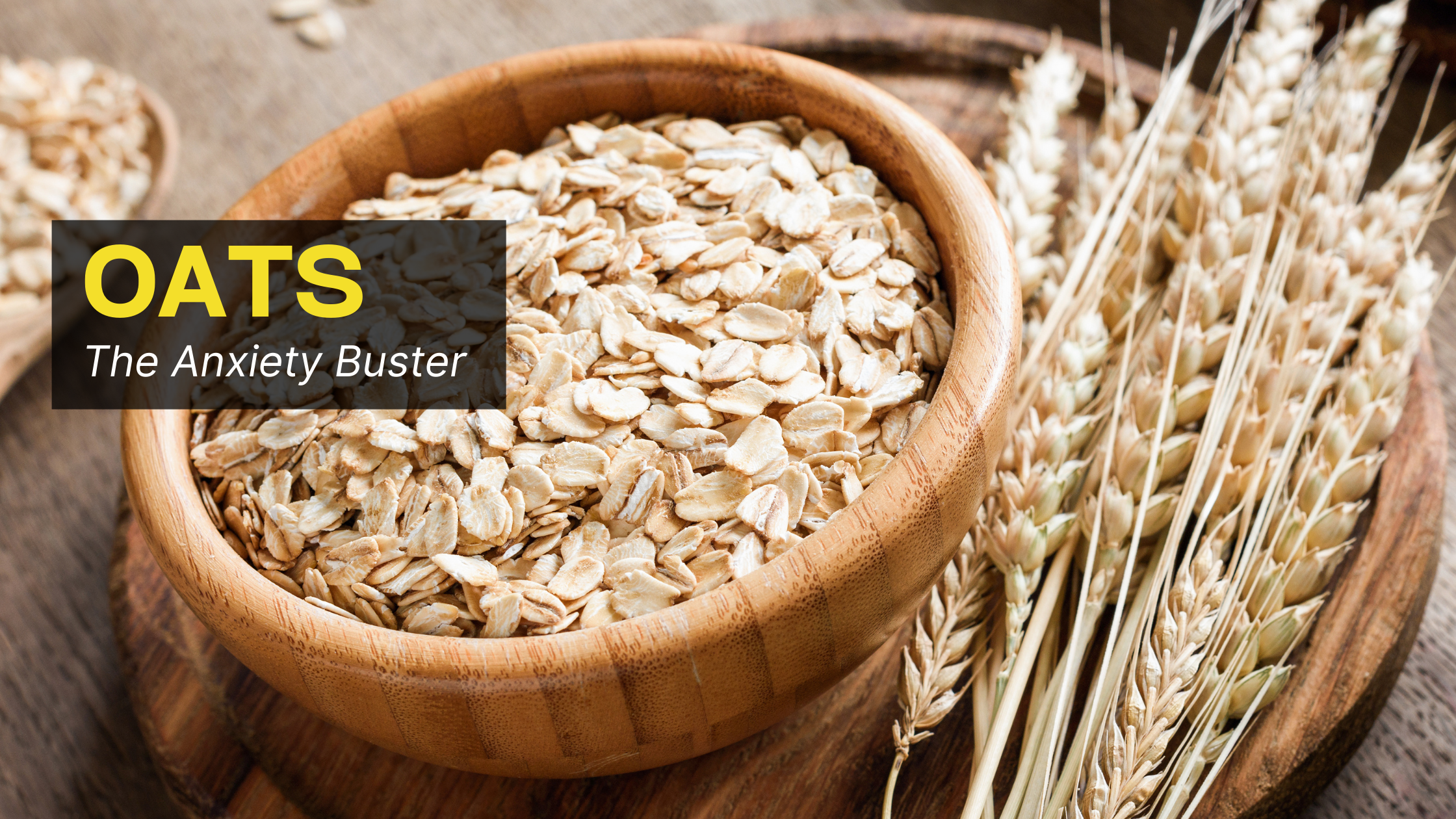Lemon balm
Lemon Balm 101: Natural Relief for Stress, Sleep, and Skin
Feeling overwhelmed, bloated, or just a little off? You’re not alone! Before you reach for something over-the-counter, you might want to check out LEMON BALM. It’s one of those underrated herbs that’s been quietly helping people feel better for centuries. From easing anxiety and tummy troubles to calming irritated skin and fighting off cold sores, this citrusy-scented plant is gentle, natural, and surprisingly powerful.
Let’s break down why lemon balm deserves a spot in your wellness routine, and how you can actually use it.
A Quick History Lesson
Lemon balm (Melissa officinalis) has a rich history as a medicinal herb. Ancient Greek scholars such as Theophrastus, Pliny the Elder, and Hippocrates documented its use over 2,000 years ago, noting its calming effects on the mind and its support for digestion. In medieval Europe, it was often infused into teas, wines, and balms to promote relaxation and general wellness. It was also traditionally planted to attract and support honeybee populations. The name Melissa actually comes from the Greek word for ‘bee.
Today, lemon balm is known for its potential to relieve stress, ease anxiety, and soothe digestive discomfort. It also has antiviral properties that may help in managing cold sores caused by the herpes simplex virus.
- Cold Sore & Lip Healing Balm
Lemon balm has strong antiviral properties, making it the perfect herb to fight off cold sores and prevent outbreaks.
Ingredients:
- ½ cup coconut oil
- 2 tablespoons dried lemon balm leaves
- 1 tablespoon beeswax pellets
Instructions:
- Heat the coconut oil and lemon balm leaves in a double boiler for 20-30 minutes.
- Strain out the leaves.
- Stir in the melted beeswax until well combined.
- Pour the mixture into small containers and let it cool.
- Apply to cold sores or chapped lips as needed.
- Lemon balm is an antispasmodic, meaning it relaxes the muscles in your digestive tract. It can ease gas, bloating, nausea, indigestion and even cramps!.
Digestive Soothing Tea
Ingredients:
- 1 teaspoon dried lemon balm
- 1 teaspoon dried peppermint
- ½ teaspoon fennel seeds (optional)
- 1 cup hot water
Instructions:
- Combine all ingredients in a cup.
- Steep in hot water for 10-15 minutes.
- Strain and drink after meals to aid digestion.
- Headache & Migraine Relief Compress
The anti-inflammatory and muscle-relaxing properties of lemon balm can help alleviate tension headaches and migraines, especially those triggered by stress.
Ingredients:
- 1 cup strong lemon balm tea
- Soft cloth or cotton pad
Instructions:
- Brew a strong cup of lemon balm tea and let it cool.
- Soak the cloth in the tea.
- Place the compress on your forehead or temples for 10-20 minutes while relaxing.
- Lemon Balm Tincture for Stress, Anxiety & Sleep Aid
Lemon balm contains rosmarinic acid which increases the availability of GABA (a neurotransmitter that promotes relaxation). Combined with this herb’s mild sedative properties, lemon balm can reduce stress, nervousness and anxiety, and can ease insomnia, restlessness and improve sleep quality
Ingredients:
- 1 cup fresh lemon balm leaves (or ½ cup dried)
- 1½ cups 80-proof vodka (or glycerin for an alcohol-free tincture)
- Glass jar with lid
Instructions:
- Place the lemon balm leaves in the glass jar and cover with vodka or glycerin.
- Seal the jar and store it in a dark place for 4-6 weeks, shaking every few days.
- Strain the mixture and transfer the tincture to a dropper bottle.
- Use 30-40 drops (about half a teaspoon) in water up to three times daily.
- Lemon Balm Bug Bite & Skin Spray
Lemon balm’s anti-inflammatory properties can help soothe itchy bug bites and irritated skin.
Ingredients:
- 1 cup fresh lemon balm leaves
- ½ cup witch hazel or apple cider vinegar
- ½ cup water
Instructions:
- Steep the lemon balm leaves in water overnight.
- Strain and mix the infused water with witch hazel or vinegar.
- Pour into a spray bottle and apply to bites or rashes as needed.
- Lemon Balm & Rosemary Memory-Boosting Tea
Lemon balm increases acetylcholine levels, a neurotransmitter important for brain function, which has been shown to enhance memory, concentration and cognitive performance .
Ingredients:
- 1 teaspoon dried lemon balm
- ½ teaspoon dried rosemary
- 1 cup hot water
Instructions:
- Combine the herbs in a cup.
- Add hot water and steep for 10-15 minutes.
- Strain and drink before studying or working to enhance focus.
- Fever-Reducing Herbal Tea
Lemon balm is a gentle diaphoretic, meaning it helps your body sweat, which helps the body cool down during a fever. Additionally, its calming properties are well known for reducing stress and anxiety, while its antiviral qualities may offer some support to the immune system. Plus, its calming and antiviral properties support your immune system while helping you rest and recover.
Ingredients:
- 1 teaspoon dried lemon balm
- ½ teaspoon dried elderflower (optional, for extra fever-fighting power)
- 1 cup hot water
Instructions:
- Combine herbs in a cup.
- Pour hot water over and steep for 10–15 minutes.
- Strain and sip slowly while warm, ideally under a cozy blanket to encourage sweating.
How to Grow Lemon Balm at Home
Lemon balm is super easy to grow and makes a beautiful, low-maintenance addition to your garden, or even your windowsill!
- When to Plant: Wait until after the last frost, when outdoor temps are consistently above 60°F (15°C) and the soil is at least 50°F (10°C). Young lemon balm doesn’t love the cold, so make sure it’s warming up before you plant.
- Location: Lemon balm loves full sun, but it’ll also do just fine in partial shade, especially in hotter climates. You can even grow it indoors near a sunny window.
- Planting: Use a 10- to 12-inch pot with drainage holes, or plant it directly into the ground if you’ve got the space. It’ll spread easily and fill out nicely if you give it room.
- Watering: Keep the soil moist, but not soggy. Make sure your pot or garden bed has good drainage so the roots stay healthy.
Once it’s established, you can trim it often to encourage bushier growth. And if you let it flower, get ready for bees! Lemon balm is a pollinator favorite and even repels mosquitoes!
We’re always looking for new remedies and ways to use what Mother Earth gives us, so let us know what you think and if you have any suggestions, please reach out! We’re always eager to learn something new!
Explore our whole page of natural remedies! Here at GreenDesert.org, we’re always looking to grow our community!

